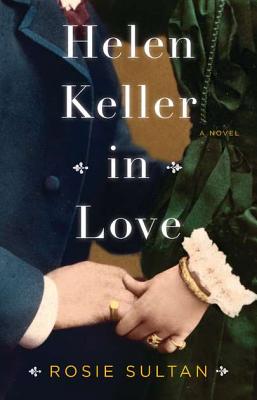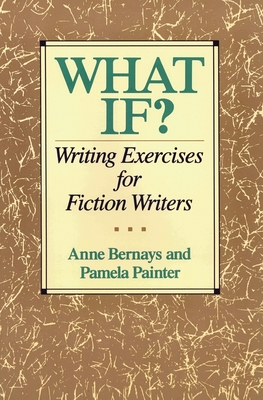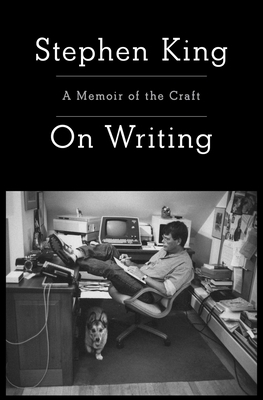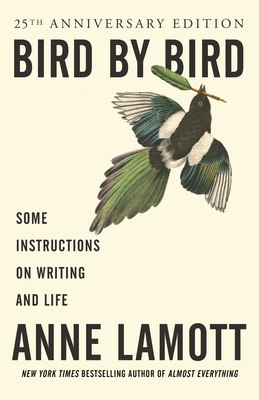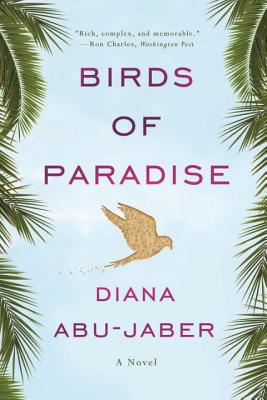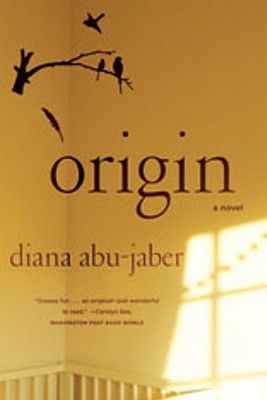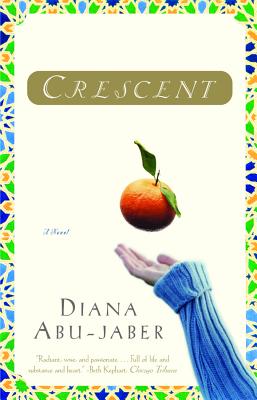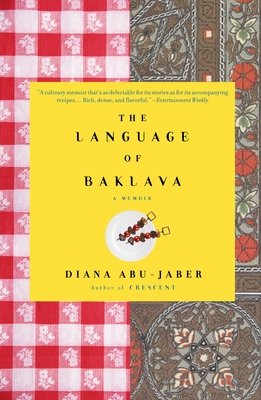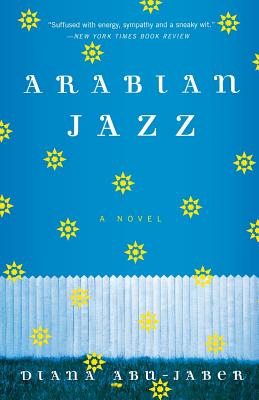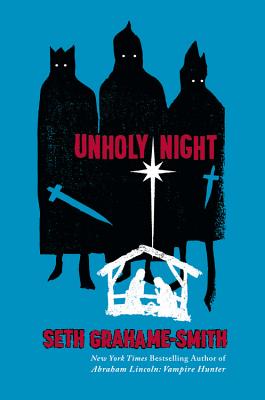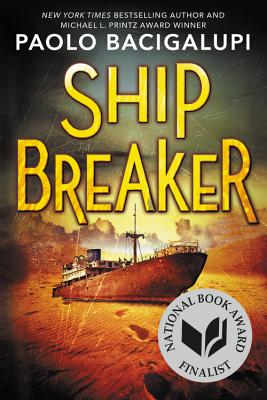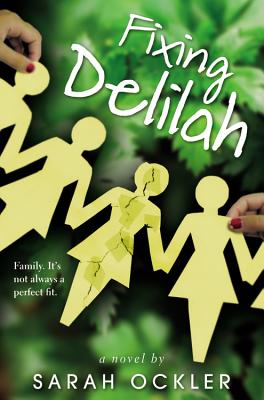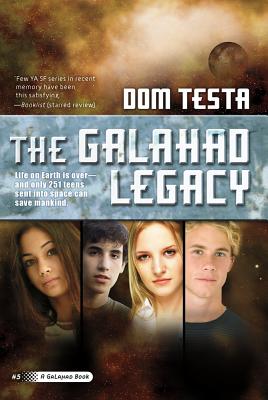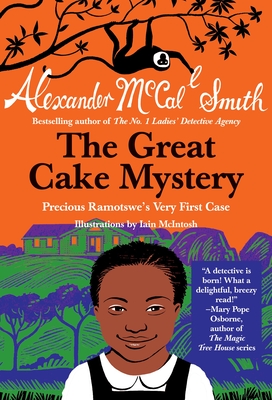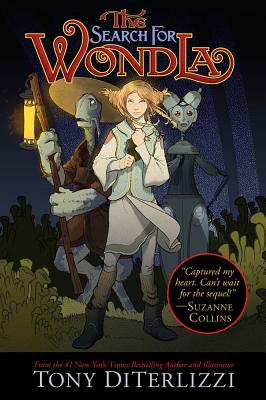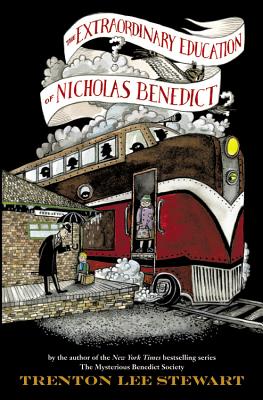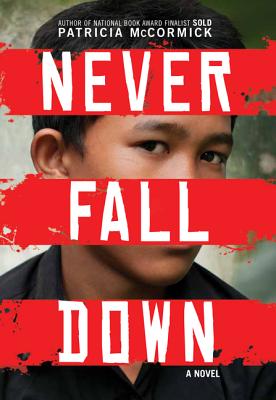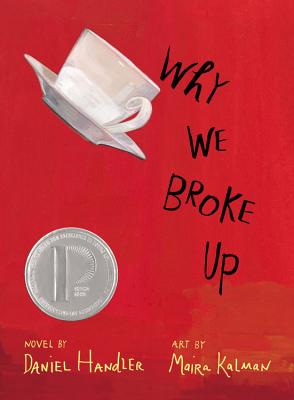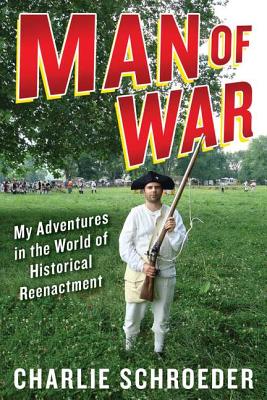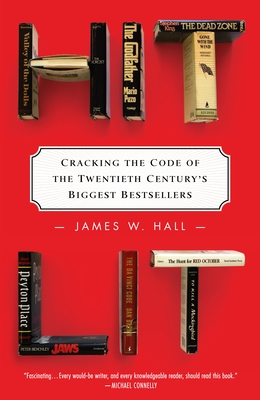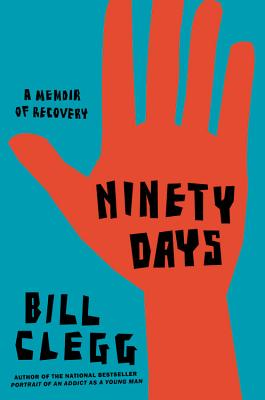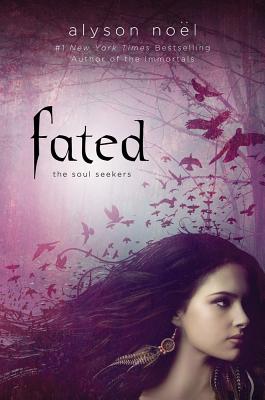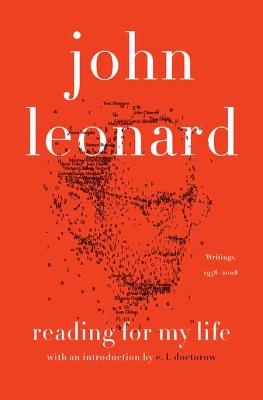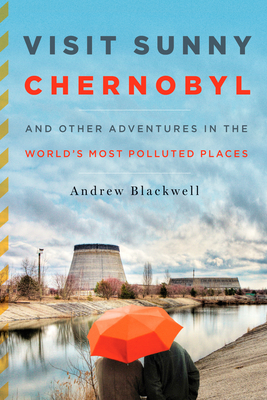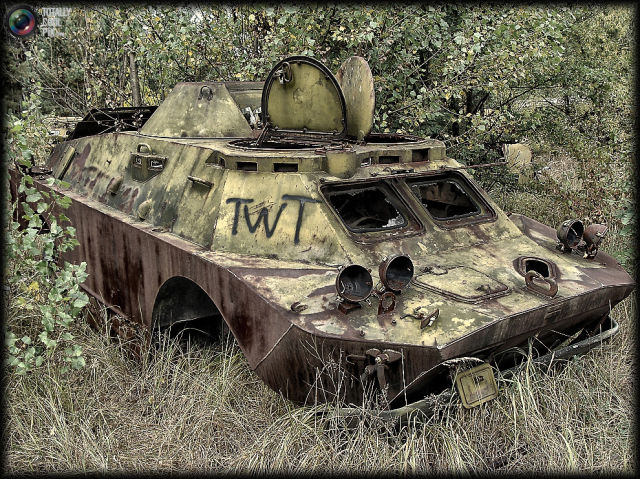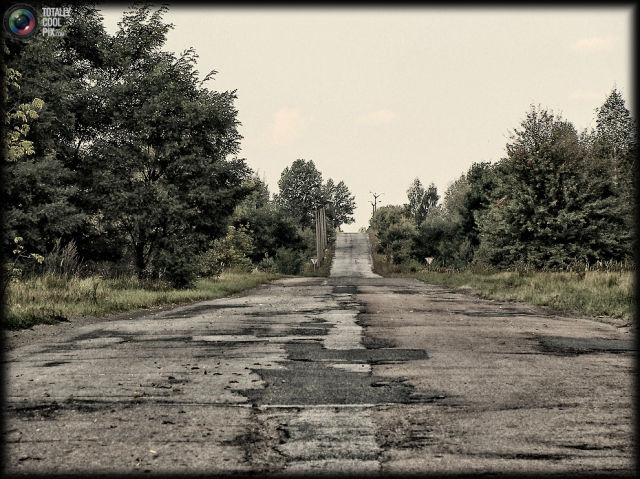What If? is the first handbook for writers based on the idea that
specific exercises are one of the most useful and provocative methods
for mastering the art of writing fiction. With more than twenty-five
years of experience teaching creative writing between them, Anne Bernays
and Pamela Painter offer more than seventy-five exercises for both
beginners and more experienced writers. These exercises are designed to
develop and refine two basic skills: writing like a writer and, just as
important,
thinking like a writer. They deal with such topics as
discovering where to start and end a story; learning when to use
dialogue and when to use indirect discourse; transforming real events
into fiction; and finding language that both sings and communicates
precisely.
What If? will be an essential addition to every
writer's library, a welcome and much-used companion, a book that
gracefully borrows a whisper from the muse.
All
narrative writing must pull from the raw material of life a tale that
will shape experience, transform event, deliver a bit of wisdom. In a
story or a novel the "I" who tells this tale can be, and often is, an
unreliable narrator but in nonfiction the reader must always be
persuaded that the narrator is speaking truth.
How does one pull
from one's own boring, agitated self the truth-speaker who will tell the
story a personal narrative needs to tell? That is the question
The Situation and the Story asks--and answers. Taking us on a reading tour
of some of the best memoirs and essays of the past hundred years,
Gornick traces the changing idea of self that has dominated the century,
and demonstrates the enduring truth-speaker to be found in the work of
writers as diverse as Edmund Gosse, Joan Didion, Oscar Wilde, James
Baldwin, or Marguerite Duras.
This book, which grew out of fifteen
years teaching in MFA programs, is itself a model of the lucid
intelligence that has made Gornick one of our most admired writers of
nonfiction. In it, she teaches us to write by teaching us how to read:
how to recognize truth when we hear it in the writing of others and in
our own.
“Long live the King” hailed
Entertainment Weekly upon publication of Stephen King’s
On Writing.
Part memoir, part master class by one of the bestselling authors of all
time, this superb volume is a revealing and practical view of the
writer’s craft, comprising the basic tools of the trade every writer
must have. King’s advice is grounded in his vivid memories from
childhood through his emergence as a writer, from his struggling early
career to his widely reported, near-fatal accident in 1999—and how the
inextricable link between writing and living spurred his recovery.
Brilliantly structured, friendly and inspiring,
On Writing will empower and entertain everyone who reads it—fans, writers, and anyone who loves a great story well told.
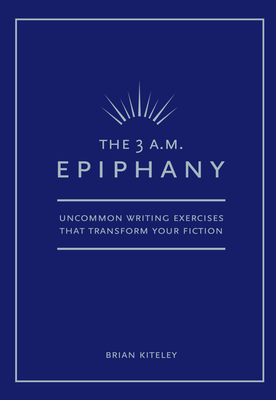
If you write, you know what it's like. Insight and creativity - the
desire to push the boundaries of your writing - strike when you least
expect it. And you're often in no position to act: in the shower,
driving the kids to school...in the middle of the night.
The 3 A.M. Epiphany offers more than 200 intriguing writing exercises
designed to help you think, write, and revise like never before -
without having to wait for creative inspiration. Brian Kiteley, noted
author and director of the University of Denver's creative writing
program, has crafted and refined these exercises through 15 years of
teaching experience.
You'll learn how to: Transform staid and
stale writing patterns into exciting experiments in fictionShed the
anxieties that keep you from reaching your full potential as a
writerCraft unique ideas by combining personal experience with
unrestricted imaginationExamine and overcome all of your fiction writing
concerns, from getting started to writer's block Open the book, select
an exercise, and give it a try. It's just what you need to craft
refreshing new fiction, discover bold new insights, and explore what it
means to be a writer.
It's never too early to start--not even 3 A.M.
Nothing is more inspiring for a beginning writer than listening to
masters of the craft talk about the writing life. But if you can’t get
Vladimir Nabokov, Virginia Woolf, and Gabriel García Márquez together at
the Algonquin,
The Modern Library Writer’s Workshop gives you
the next best thing. Stephen Koch, former chair of Columbia University’s
graduate creative writing program, presents a unique guide to the craft
of fiction. Along with his own lucid observations and commonsense
techniques, he weaves together wisdom, advice, and inspiring commentary
from some of our greatest writers. Taking you from the moment of
inspiration (keep a notebook with you at all times), to writing a first
draft (do it quickly! you can always revise later), to figuring out a
plot (plot always serves the story, not vice versa), Koch is a
benevolent mentor, glad to dispense sound advice when you need it most.
The Modern Library Writer’s Workshop
belongs on every writer’s shelf, to be picked up and pored over for
those moments when the muse needs a little help finding her way.
"Thirty years ago my older brother, who was ten years old at the time,
was trying to get a report on birds written that he'd had three months
to write. It was due the next day. We were out at our family cabin in
Bolinas, and he was at the kitchen table close to tears, surrounded by
binder paper and pencils and unopened books on birds, immobilized by
the hugeness of the task ahead. Then my father sat down beside him, put
his arm around my brother's shoulder, and said, 'Bird by bird,
buddy. Just take it bird by bird.'"
